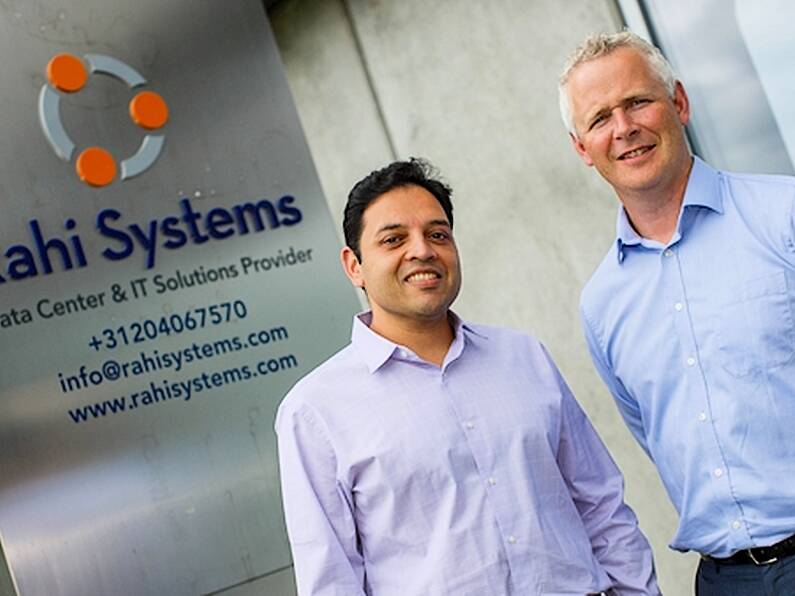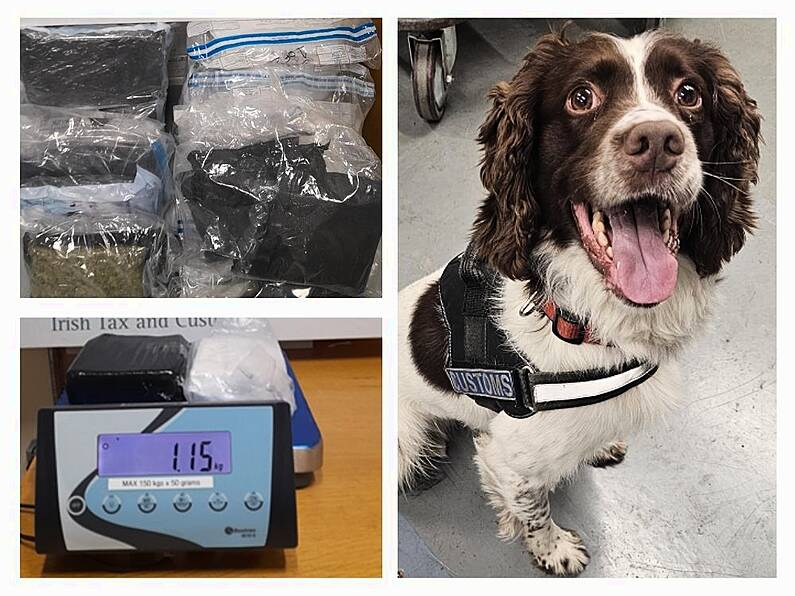Indigenous Irish companies are making significant investments in Artificial Intelligence (IoT) which are already adding the country’s reputation as a digital leader, says Marcus Doran of Rahi Systems.
Mr Doran is European vice-president for Rahi Systems, a global IT solutions provider. He is based in the company’s European sales office in Raheen Business Park, Co Limerick, which has plans for expansion this year, fuelled by client investment in AI, Internet of Things (IoT) and other smart technologies.
Co-founded in 2012 by US-based entrepreneur Tarun Raisoni, Rahi Systems has over 25 offices across the world. In Ireland, the drive to invest in smart tech is evident from multinational corporations right down to small indigenous companies.
“I was talking to one small financial company in Limerick this week who wanted to leverage unified communications to reduce their spend and time lost in travel to meetings,” said Mr Doran. “They could see that a relatively small upgrade to their audio-visual technology would deliver real cost and time savings.
“We’re seeing that operations with 10-20 people are just as likely as multinationals to invest in new technology. Everybody can see the value of investing in AI, augmented reality and ‘Edge’ technology.
“For instance, retrofitting a building costs far less than you might think. In most cases, you’re retrofitting traditional machinery with IoT building blocks, adding mini chips to existing equipment.”
Rahi Systems has 25 offices across the world which help client companies achieve efficiencies by combining their products, services and solutions to create integrated IT environments.
Rahi offers a full suite of products in physical infrastructure, storage, compute, networking, power and cooling, and audio / video. It also offers professional and managed services to aid customers in logistics, delivery, set-up, and ongoing support of their technology solutions.
“Most companies in Ireland have been very quick to leverage smart technologies to upgrade their workplace,” he said. “There is so much data gathered in today’s workplace that people need the right technologies to make that information meaningful.”
Mr Doran said that workplace evolution is happening rapidly and the trends that are driving optimisation primarily involve the movements of traditionally physical tasks to digital spaces.
In order to scale with change and empower productivity, companies must have a workplace strategy that provides a clear roadmap which will enable workplace optimisation and reduce company downtime.
He identified several key digitalisation trends that are already reshaping the millennial workplace of the future in Ireland. He says that companies must have a workplace strategy that provides a clear roadmap which will enable workplace optimisation and reduce company downtime.
Four key digital trends
- 1. The use of AI technology is set to improve overall employee satisfaction within the workplace through its variety of high-tech functions, while also making it a more enjoyable and productive experience. AI technology will become an eminent role within the workplace as it develops and becomes increasingly current in daily collaborations.
- 2. There is no doubt that the use of voice technology in the workplace will increase. In early 2019, a Gartner study revealed that by 2021, 25 percent of Digital Workers will be utilising AI voice technology assistants to complete daily tasks.
- 3. Data is now a more highly valued commodity than oil and with this in mind, companies are increasingly shifting towards a more data-driven culture. The up-skilling of employees tech skills that will help them master data-based skills and tasks will be prevalent in 2020.
- 4. The era of ‘Edge’ devices is here and it is transforming how data is managed and delivered from device to device. The growth of internet connected devices and the new applications which need real-time computing will continue to drive the demand for Edge and the presence of these devices in workplaces will become more prevalent. In parallel with this the growth of ‘Edge’ devices will further accelerate the adoption of cloud.
“AI, Augmented Reality and Edge technology have been buzzwords in the industry for years. Based on our customer demands we can see that AI and Edge technology are the number one technologies that will change the nature of collaboration moving forward,” said Mr Doran.
“Evolving consumerisation experiences and benefits that traditionally drove retail loyalty are now a reality for employees from an HR Perspective. The bottom line is, employees expect that they will be provided with the necessary tech tools and infrastructure they require in order to successfully fulfil their day to day obligations such as video conferencing and reliable network infrastructures,” he concluded.






